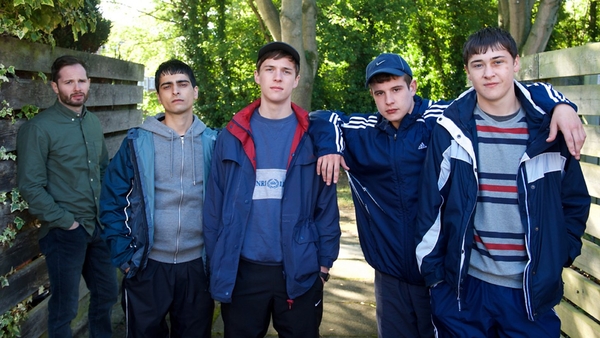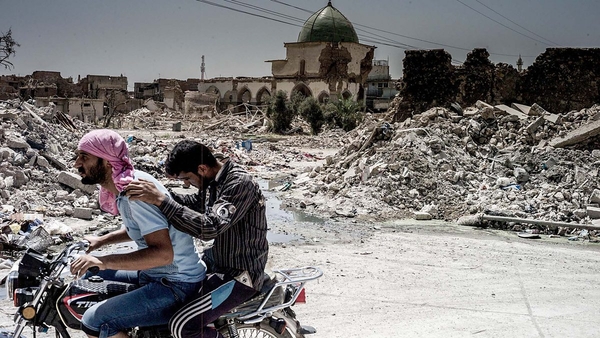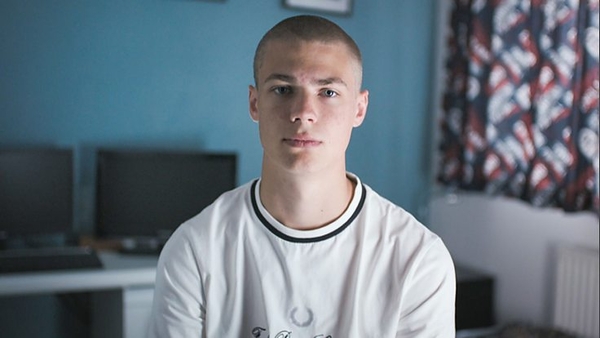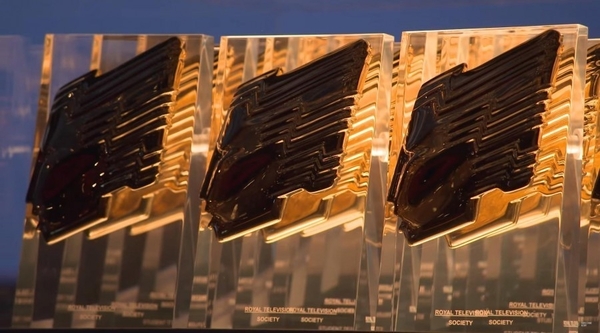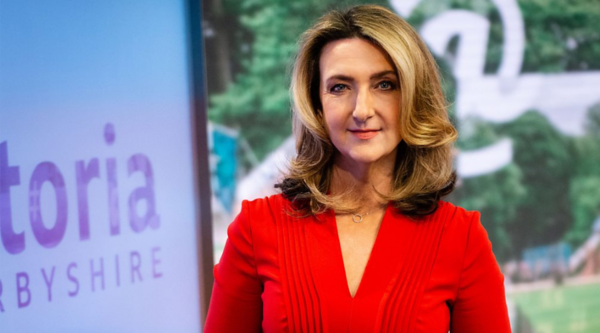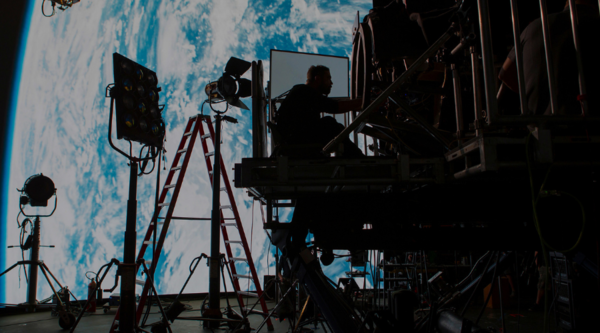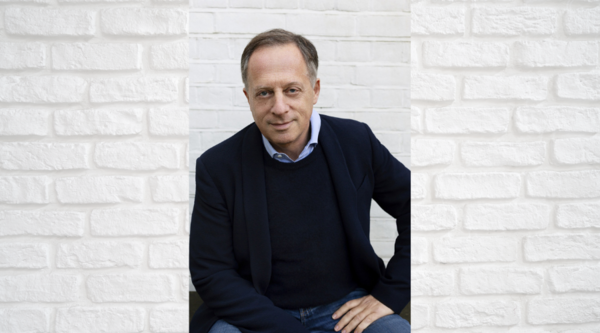Celebrating 10 Years of Call the Midwife
The RTS celebrates 10 years of Call the Midwife with series writer Heidi Thomas and cast members Helen George, Leonie Elliott and Jenny Agutter.
As the iconic show heads into 1966 for the upcoming 10th series, the panel discuss what lies ahead for the next series and look back at some of the memorable storylines and the big historical events that impacted the lives of the midwives and nuns at Nonnatus House over the past nine series.

